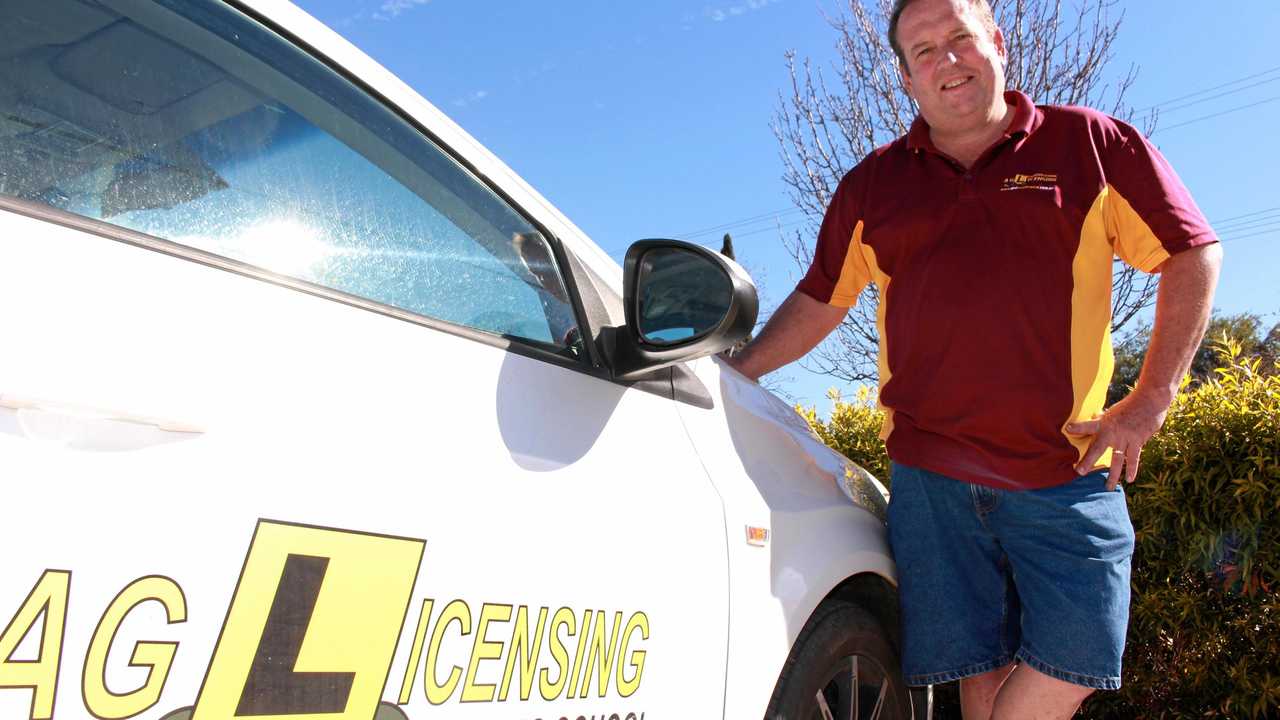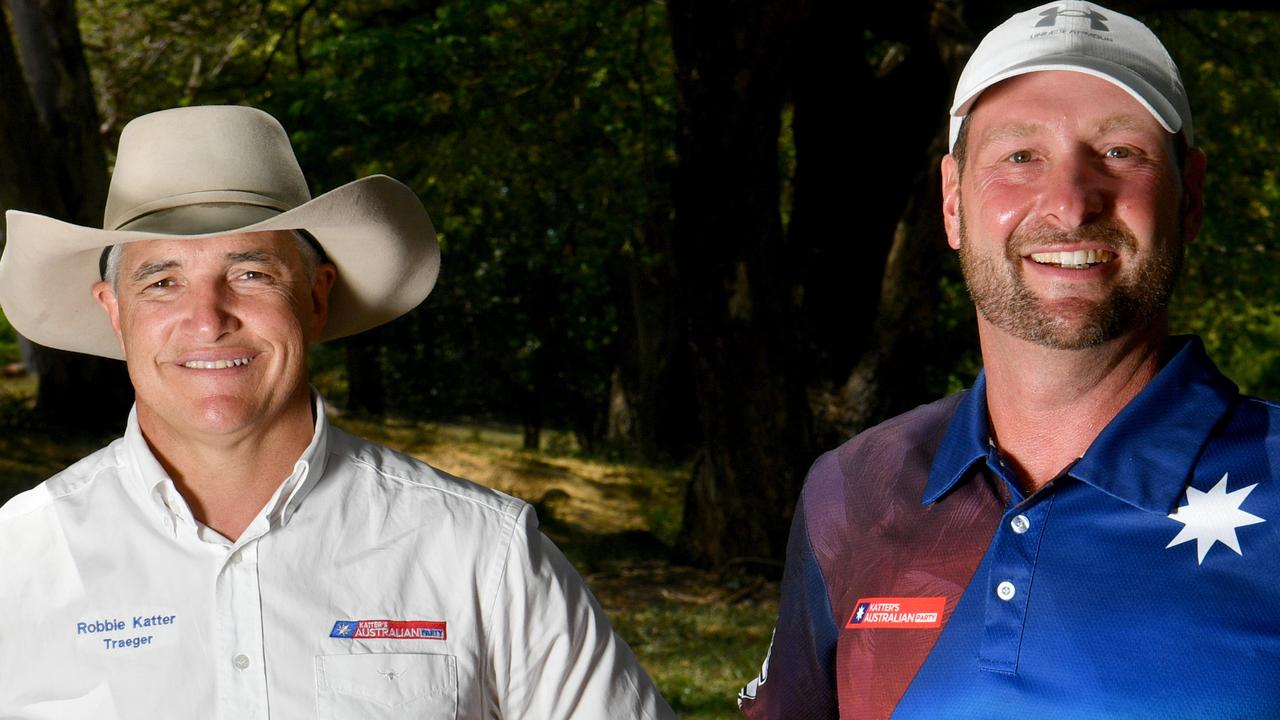Older learners breaking out of rut to hit the streets
INSTRUCTOR urges older drivers not to let a fear of failure stop them from getting behind the wheel.

Opinion
Don't miss out on the headlines from Opinion. Followed categories will be added to My News.
MANY people think the main business of a driving school is teaching young people.
You know, showing 16 and 17-year-olds how to drive and get on the road. Yes, we do a lot of that, but surprisingly, a lot of our time is spent with older learners.
Many are well past their 20s and 30s even, people who haven't learned to drive for some reason when younger and are only just deciding to get on the road.
Some have relied on others who are now no longer able to help them get about. Some have lived in the city where they didn't need to drive because of the ready availability of affordable public transport. Others have had other life events such as study, children or even illness occupy their lives.
Mostly, they have come to realise that they can no longer really get on without a licence and a car. Well maybe they can survive. But they certainly can't thrive. Mobility and transport is vital and in a regional area, that tends to mean we need a car.
I help out a lot of people who are in this situation. They're "stuck in a rut" and come to us with a real need.
It's satisfying to help them and many are pleasantly surprised when they have that success. Often, it's easier than they thought, or dreaded even.
I'm always interested in people's stories and journeys, so I'll ask them why they have taken until they are 25, 35 or 45 to get their licence and the answers are varied and complex. I'll just stick to a couple now.
The requirement to get 100 hours of learner driving before they can do a test often features as a major sticking point. Anyone who is under 25 must complete 100 hours of driving which has to be duly recorded in a logbook. Many 16-year olds get their learner's licence and do a few lessons with a supervisor, but the hours seem to crawl towards the magical 100. It doesn't seem attainable. Some of them don't have access to a car or a supervisor even. After a year or so, some decide to just wait until they are 25 and can do it without completing the logbook.
The frustrating thing about this for me is that I know there are processes for gaining an exemption from the logbook for people in this situation. Paths the learner never took. Paths that may have seen them on the road five or more years earlier. If you know someone going through this, encourage them to investigate the possibility of getting an exemption from the logbook process.
Probably the most discouraging reason I see for people giving up on the idea of getting a licence is fear of failure. They end up not even trying due to the possibility of not being successful.
"Don't try, don't fail" seems to be a popular mantra.
We are up to "teenager number five" in our family with another two yet to start that often difficult passage to adult life. A time of physical and mental change. A challenging time.
One big thing I always try to instil in my kids is not to fear failure.
There have been lots of quotes about failure uttered over the millennia. This fear is not a new one. One I particularly like is "Failure is not the opposite of success, it is a part of success."
It's a normal part of learning. We try things and sometimes we are not successful. Learn from that experience and move forward. Always learning.
Don't give up. Giving up IS failing.
Originally published as Older learners breaking out of rut to hit the streets






